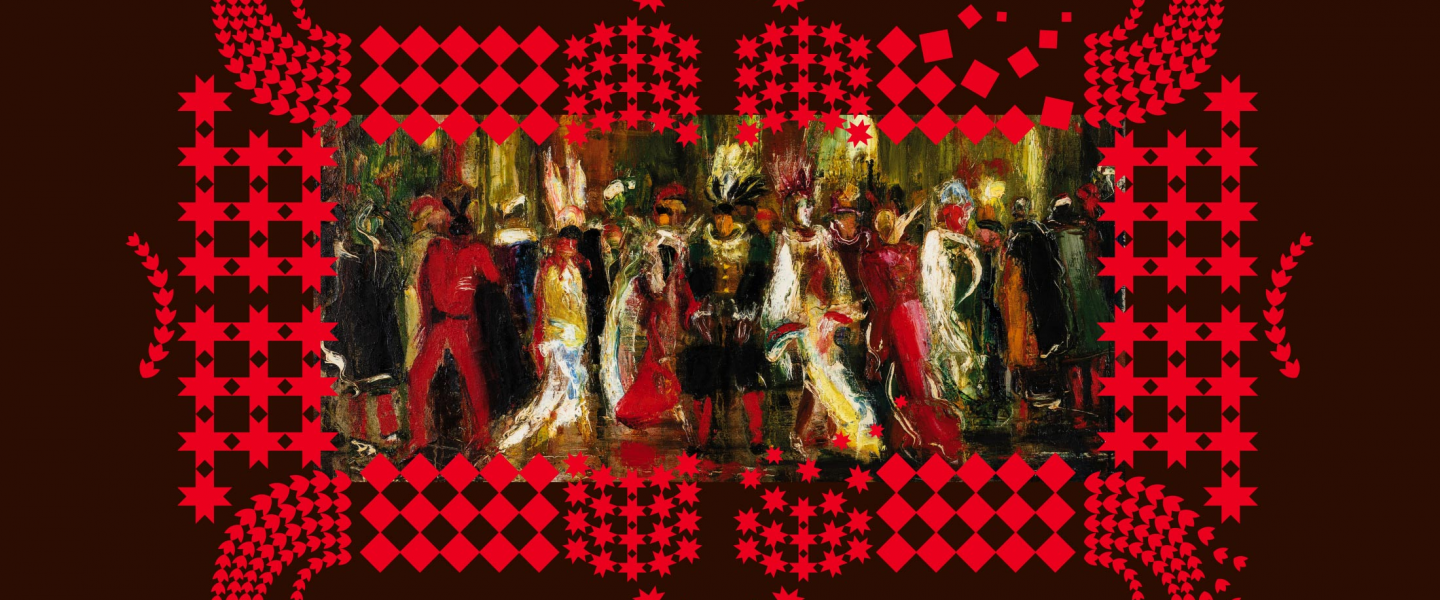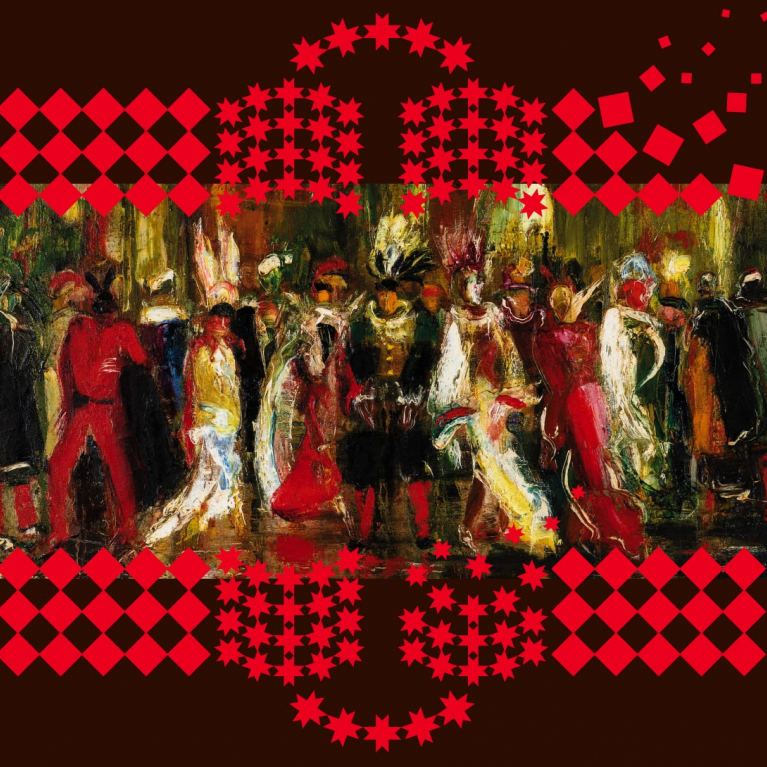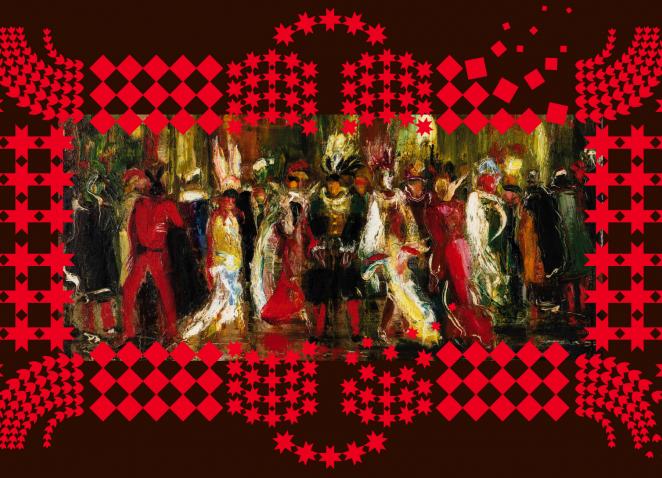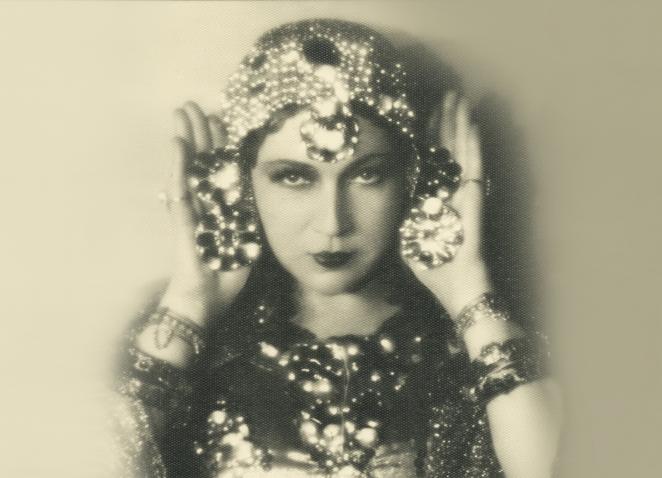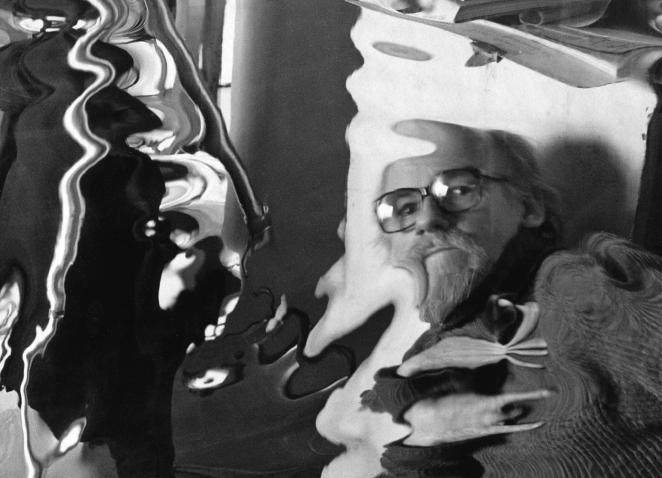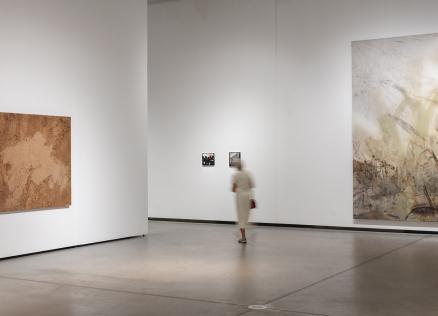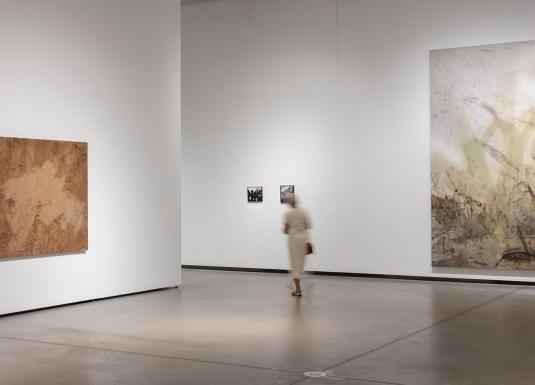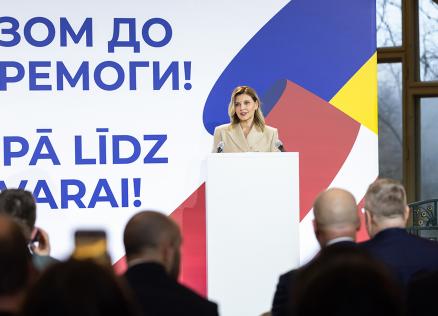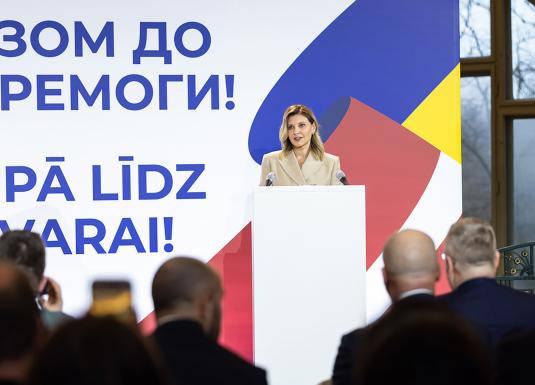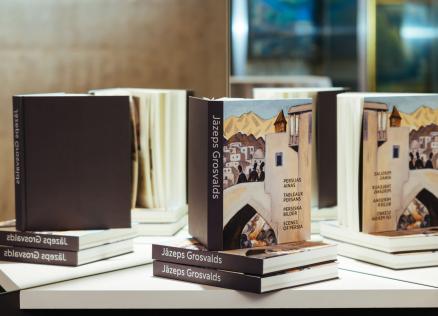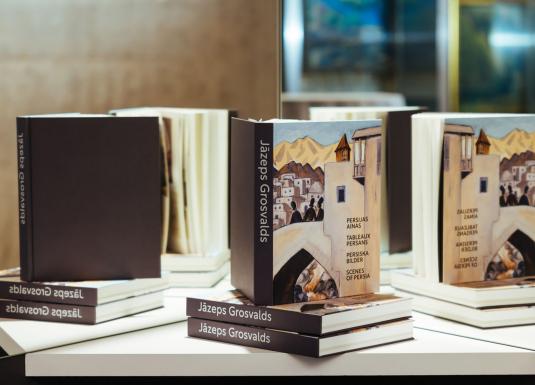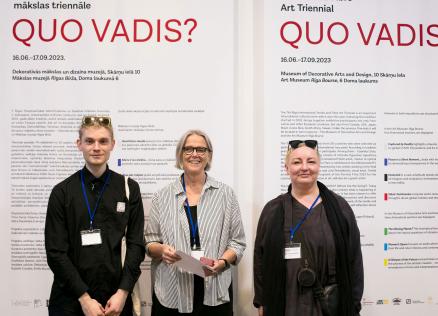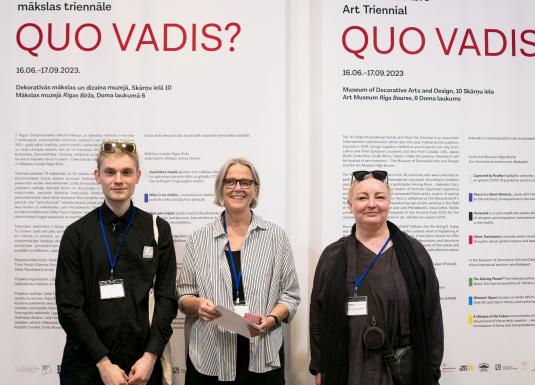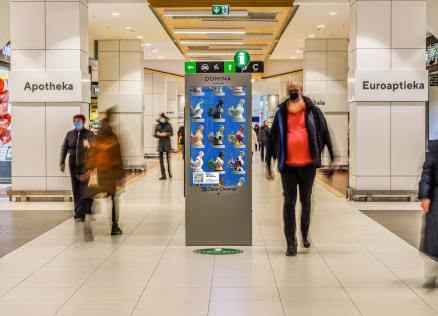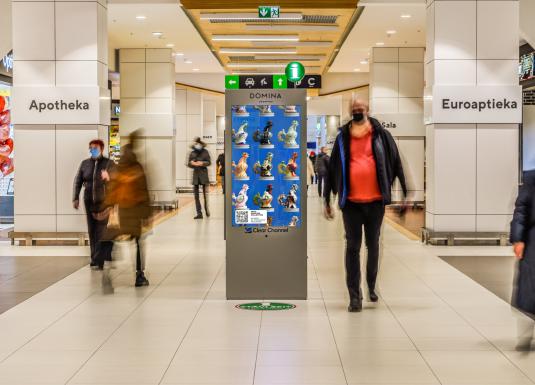Latvian National Museum of Art
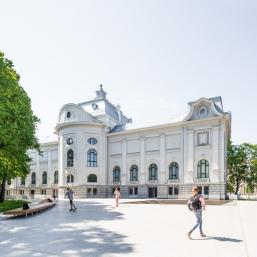
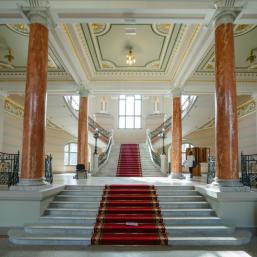
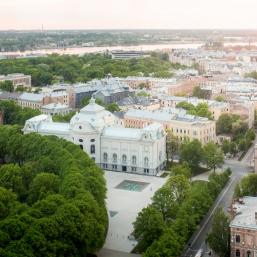
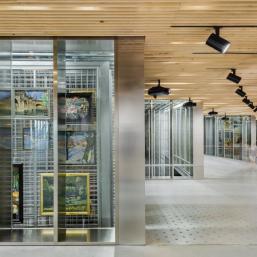
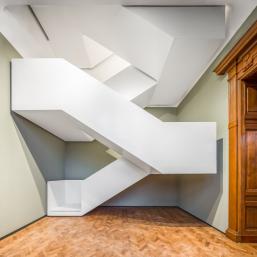
1 Jaņa Rozentāla laukums, Riga, LV-1010, Latvia
There are no current events happening. Stay tuned and be the first to know about any new events.
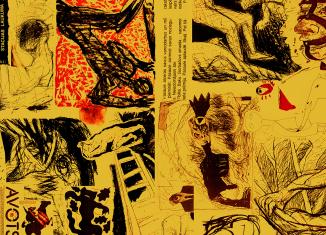
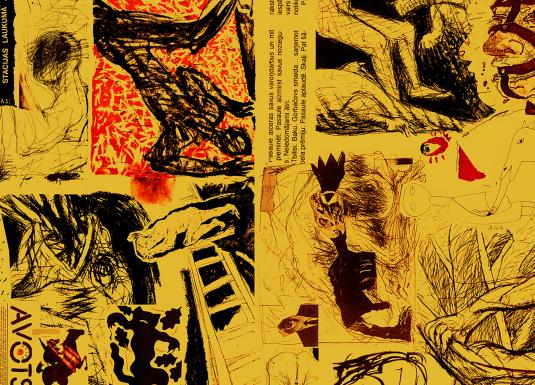 Latvian National Museum of Art
Latvian National Museum of Art
Dismantling the Wall. Latvian Art 1985–1991
Exhibition, Dismantling the Wall. Latvian Art 1985–1991, is on display in the left wing halls of the 2nd floor of the main building of the Latvian National Museum of Art in Riga (Jaņa Rozentāla laukums 1), which tells about the processes in Latvian contemporary art during the period of socio-political change.
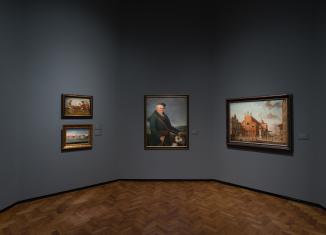
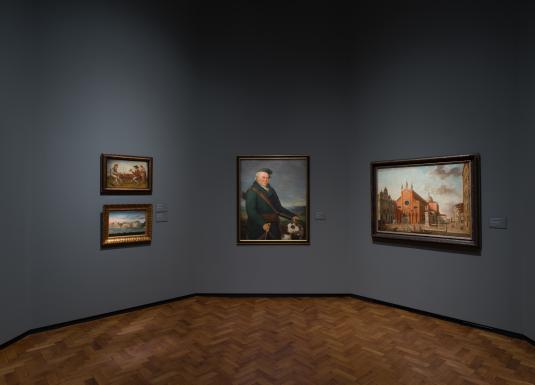 Latvian National Museum of Art
Latvian National Museum of Art
Latvian Art 1780–1915
The permanent exhibition in the main building of the Latvian National Museum of Art shows the richness of the museum's collection, the history of its formation as well as the most outstanding achievements of national art from the end of the 18th century to the end of the 20th century.
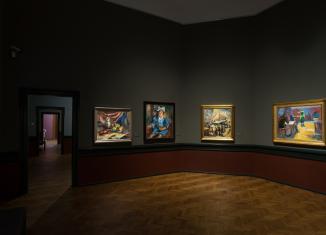
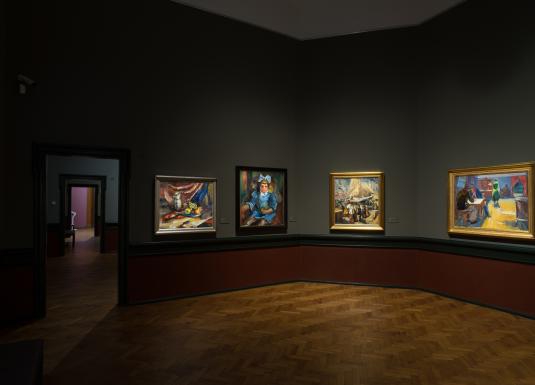 Latvian National Museum of Art
Latvian National Museum of Art
Latvian Art 1915–1940
World War I brought difficult challenges for the Latvian people, which inspired a strong wave of national self-consciousness in artists. Jāzeps Grosvalds was the first to take up the pressing subject of refugees and riflemen in painting. Jēkabs Kazaks, who was significantly influenced by contemporary French painting, also turned to depiction of the dramatic historical events.
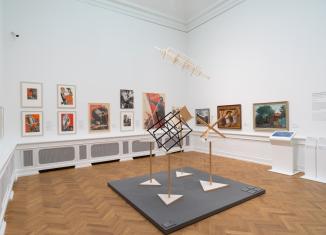
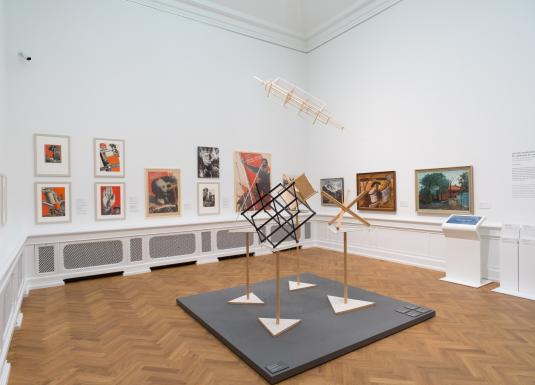 Latvian National Museum of Art
Latvian National Museum of Art
Latvian Modernists in Russia in the 1920s and 30s
During World War I, many Latvian artists ended up in Russia, but most returned to Latvia following the Bolshevik Revolution of 1917. Latvian artists – Gustavs Klucis, Kārlis Johansons and Aleksandrs Drēviņš – chose to stay in Soviet Russia and to take part in the formation of Russian avant-garde art.
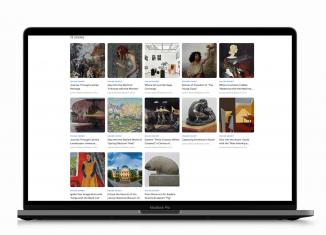
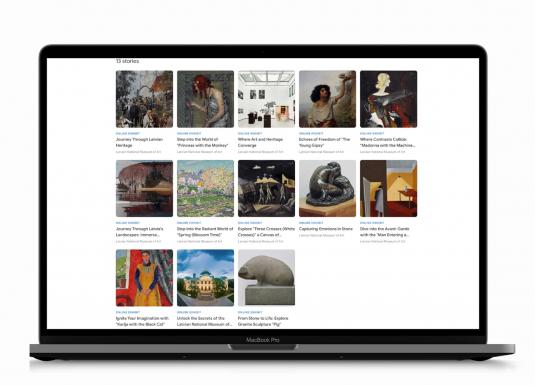
Online
Latvian National Museum of Art
Google Arts & Culture:
Collections and art stories
Get to know the brightest works of art of the Latvian National Museum of Art and their stories, learning about their details, history and importance in the art world.
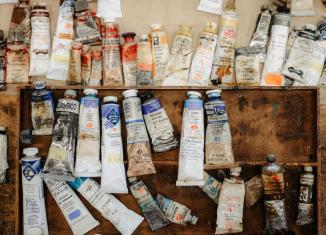
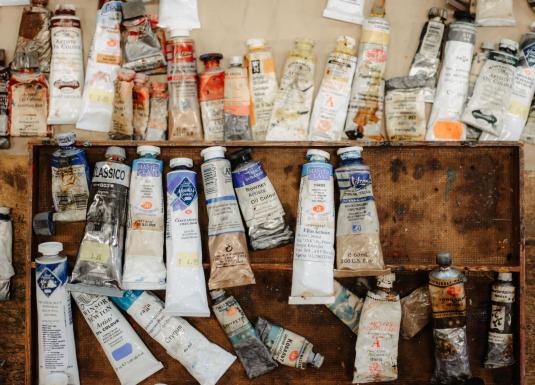 Latvian National Museum of Art
Latvian National Museum of Art
Video series:
Art Restoration in the Museum
Art restoration is considered as one of the most important fields in the life of an art museum and this project introduces the main questions and ethical issues of art restoration.
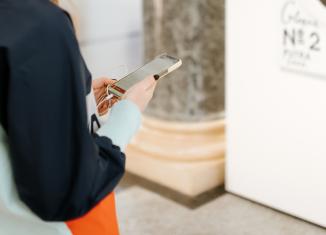
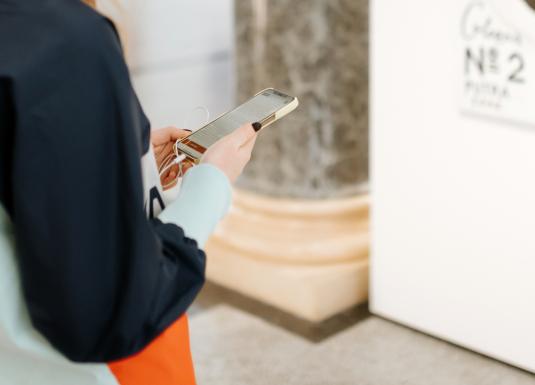 Latvian National Museum of Art
Latvian National Museum of Art
Mobile Application
Latvian National Museum of Art offers the easiest way to explore classic highlights, and discover fresh perspectives on the permanent collection and discover the museum's unique architecture of the building.
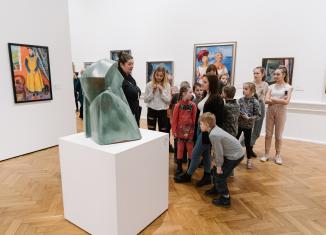
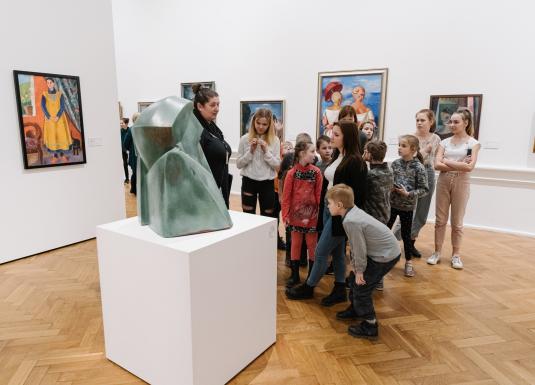
Grade 1–12
Latvian National Museum of Art
Guided Tour in the Exhibition:
Discover the Art Museum!
The museum and its exhibition is an exciting world full of noteworthy events and individuals! In this activity, school students will learn about different historical artistic processes in Latvia and the most important masterpieces, highlighting each period's most significant, most outstanding phenomena and artists as well as their innovations.
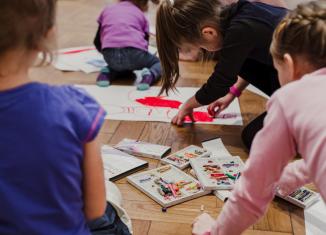
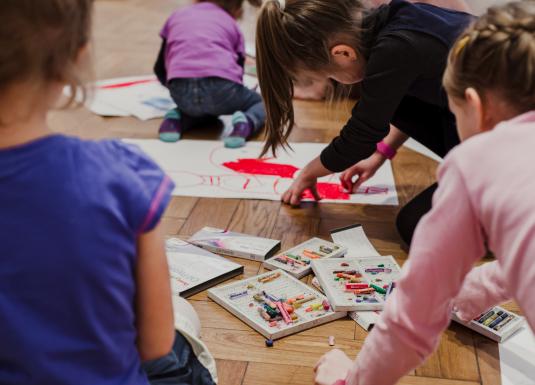
Grade 1–12
Latvian National Museum of Art
Activity for School Students:
Learn the Language of Art!
The museum's exhibition of classical art (19th century – mid-20th century) presents a variety of themes and diversity of artistic language which has changed over the course of time. Nevertheless, several basic categories have remained. This activity in the permanent exhibition will foster a better understanding of the basic principles that underpin the work of our old masters as well as modernists.
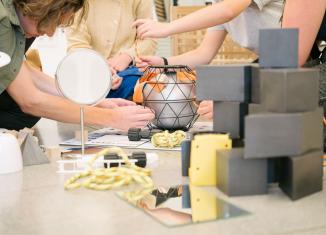

Grade 8–12
Latvian National Museum of Art
Idea Generator:
How Are Installations Made?
Idea generator How Are Installations Made? is an interactive activity for school students aimed at introducing them to the contemporary art form of installation and the process of its making as well as nurturing young people's skills in discussing art.
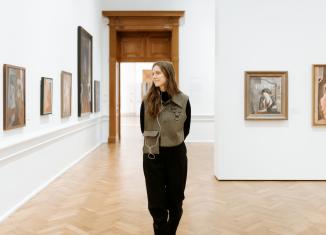
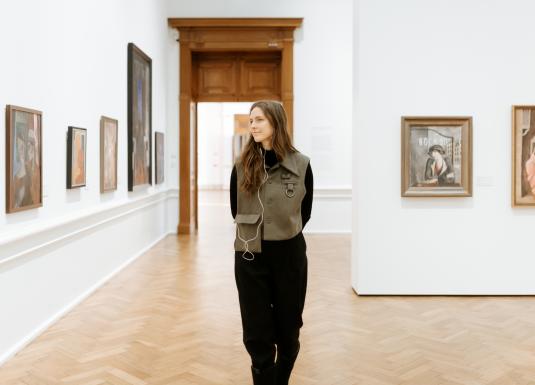 Latvian National Museum of Art
Latvian National Museum of Art
Meditative audio guide:
The Route of Wellbeing
For a large part of society, life in the 21st-century is characterized by digital events and content consumption in the digital environment, as well as regular anxiety, exhaustion, homogenous sensory experience, or routine. The Route of Wellbeing is an invitation to explore the art museum in a more personal way, enjoy time alone in the peaceful environment of art, and experience an alternative adventure of the senses, promoting mindfulness and mental well-being.
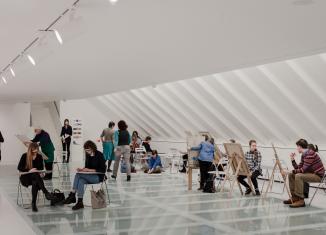
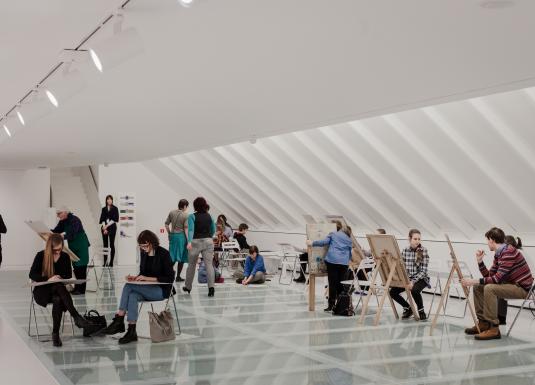 Latvian National Museum of Art
Latvian National Museum of Art
Museum's Art Studio:
Me and Art II
Museum's life as well as the movement of works in permanent and temporary exhibition halls is dynamic. The activities of the museum's art studio Me and Art also take place in ceaseless creative movement, every week taking on a new theme and assignment.
Don’t miss a thing
Sign up to our email newsletter
Latvian National Museum of Art
1 Jaņa Rozentāla laukums, Riga, LV-1010, Latvia
Art Museum RIGA BOURSE
6 Doma laukums, Riga, LV-1050, Latvia
Museum of Decorative Arts and Design
10 Skārņu iela, Riga, LV-1050, Latvia
Romans Suta and Aleksandra Beļcova Museum
57a, Apt. 26 Elizabetes iela, Riga, LV-1050, Latvia
Museum Storage Facility and FOREST OF SCULPTURES
8 Pulka iela, Riga, LV-1007, Latvia
© LNMM 2024.
All rights reserved
Reflect Studio design — New Black development
All rights reserved
Reflect Studio design — New Black development
Latvian National Museum of Art
1 Jaņa Rozentāla laukums, Riga, LV-1010, Latvia
Art Museum RIGA BOURSE
6 Doma laukums, Riga, LV-1050, Latvia
Museum of Decorative Arts and Design
10 Skārņu iela, Riga, LV-1050, Latvia
Romans Suta and Aleksandra Beļcova Museum
57a, Apt. 26 Elizabetes iela, Riga, LV-1050, Latvia
Museum Storage Facility and FOREST OF SCULPTURES
8 Pulka iela, Riga, LV-1007, Latvia
